Climate Point: Congress battles over relief checks while oil companies are bailed out
Welcome to Climate Point, your weekly guide to climate, energy and environment news from around the Golden State and the country. In Palm Springs, Calif., I’m Mark Olalde.
It's the last day of 2020. Take a breath.
If you're slightly numb from unprecedented wildfires, a zoonotic disease hammering the world, raging hurricanes and a major political party contesting a fair election, you're not alone. It's been a tough year, especially in terms of the environment. There's hope, though, that we can build back greener. President Donald Trump signed a stimulus and spending package on Sunday, as USA Today reports. Energy journalist/blogger David Roberts has the details on the longest bill Congress ever passed, which has wide-ranging energy provisions. Meanwhile, President-elect Joe Biden has released plans to invest in renewables and to build modern, green infrastructure.
And, on the topic of relief spending, here's one more story to kick things off. The Wall Street Journal recently exposed how Republicans in Congress, even while fighting against higher relief checks for everyday Americans, worked to kick back tens of millions of dollars in stimulus cash to oil companies. Key among them was Sen. Ted Cruz, who helped a fracking company that partly financed his failed presidential bid score $35 million from the government.
Here's some other important reporting....

MUST-READ STORIES
Fossil future. Kevin Crowley and Akshat Rathi of Bloomberg are out with a new investigation that finds oil supermajor Exxon has been making internal projections of its projects' future greenhouse gas emissions. But, those numbers often aren't made public, and the company has labeled certain endeavors as clean energy even when the internal figures tell a different story.
Where we spend money. Wyoming Public Radio reports that the Cowboy State's COVID-19 rental relief program, which pulled from CARES Act cash, ended up paying out a mere $1.5 million, 10% of the money it was given. The organization overseeing the payouts claimed that was all the assistance needed across the state. Meanwhile, some of the excess funds went toward a program aiding the state's oil and gas industry. That program ultimately paid out $30 million in fossil fuel subsidies.
Into thin air. One state to the southwest, Utah's Deseret News reports on a fascinating study out of Cornell University and the University of Oregon that looks at the impact of the Clean Air Act over the past four decades. The research found that a decrease in ozone pollution brought about by the law likely "averted the deaths of 1.5 billion birds, or 20% of bird life in the United States today."
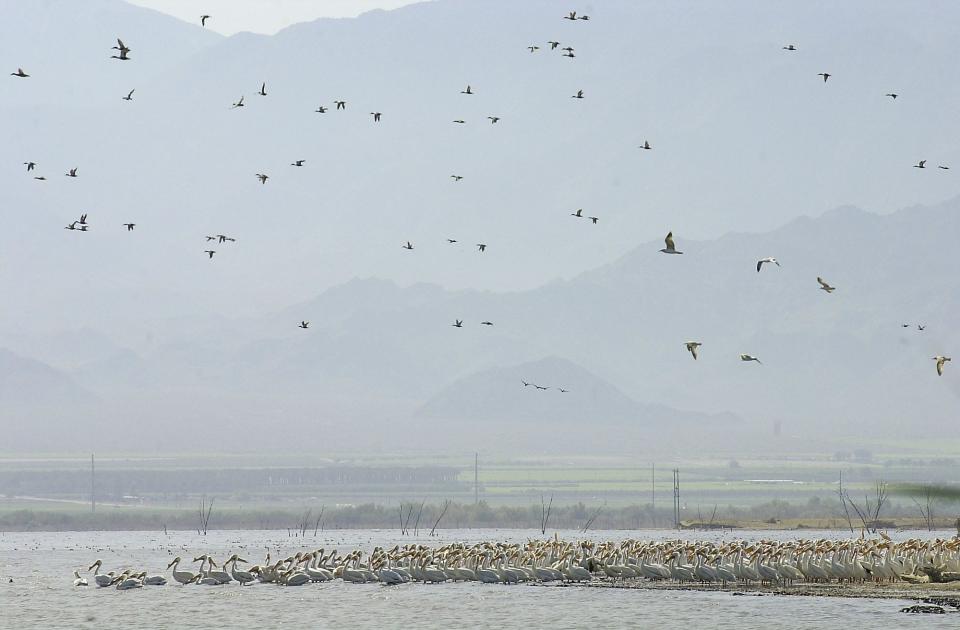
THINGS I WISH I’D WRITTEN
Even as the pandemic and the presidential election sucked up all the oxygen in the room, environment reporters continued dropping hard-hitting journalism. As we exit this — I'll let you choose your own adjective — year, please enjoy a list of articles I really wish I'd been the one to report.
Climate chaos. For months, Abrahm Lustgarten and his team have been rolling out an ambitious series for ProPublica and The New York Times Magazine that delves into the human migration that climate change is beginning to force. The stories wind around the world, from modeling where climate refugees will go to analyzing how Russia stands to be a geopolitical victor as the Earth warms.
Dumping grounds. Rosanna Xia of the Los Angeles Times investigated how thousands of barrels containing the highly toxic pesticide DDT were dumped off the coast of the country's second-largest city.
When the rains won't come. Ian James at The Arizona Republic is an expert on all things water, and he wrote a compelling series on the Hopi Tribe's connection to corn as a crop that has cultural importance. But, a changing climate is hurting the yield.
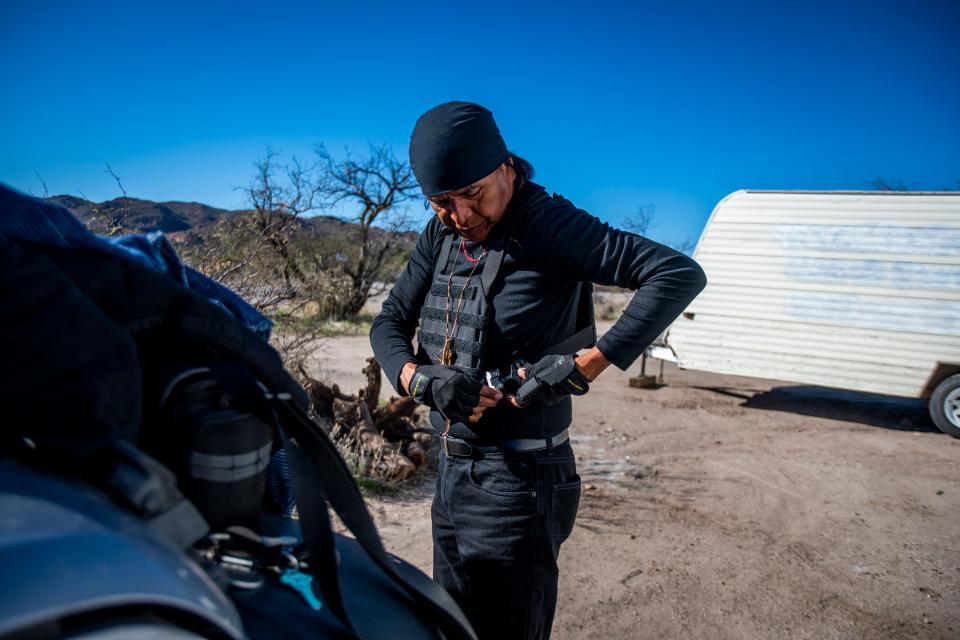
Origin story. Sticking with The Arizona Republic, Debra Utacia Krol has spent all year proving why we need journalists focused on under-covered communities. In an example of stellar profile writing, she told the story of how Wendsler Nosie Sr., an Apache activist, came to join the fight to protect the environment from copper mining.
We're yelling "timber." Oregon Public Broadcasting, The Oregonian and ProPublica partnered to expose how — contrary to the oft-repeated history that environmentalists single-handedly killed the Beaver State's timber industry — Wall Street investors facing minimal environmental regulations took advantage of misdirected tax breaks to run roughshod over locally owned logging companies. And, if you're like me and didn't know much about the fascinating history of the Pacific Northwest's logging industry, I'd suggest you take a listen to Oregon Public Broadcasting's Timber Wars, a compelling podcast that premiered this year.
Lucrative land grabs. In one of the most ambitious investigations I've ever seen, High Country News spent two years tracking down data on land stolen via broken treaties and given to land grant universities. They traced 99% of the roughly 11 million acres distributed through the Morrill Act, acreage that helped fund dozens of American colleges.
Profitable pollution. The Desert Sun's own Janet Wilson partnered with ProPublica for this next must-read. In it, she exposed how California drilling companies have a tendency to cause oil spills — which are illegal — and instead of quickly cleaning them up, they gathered the crude and sell it for a profit.
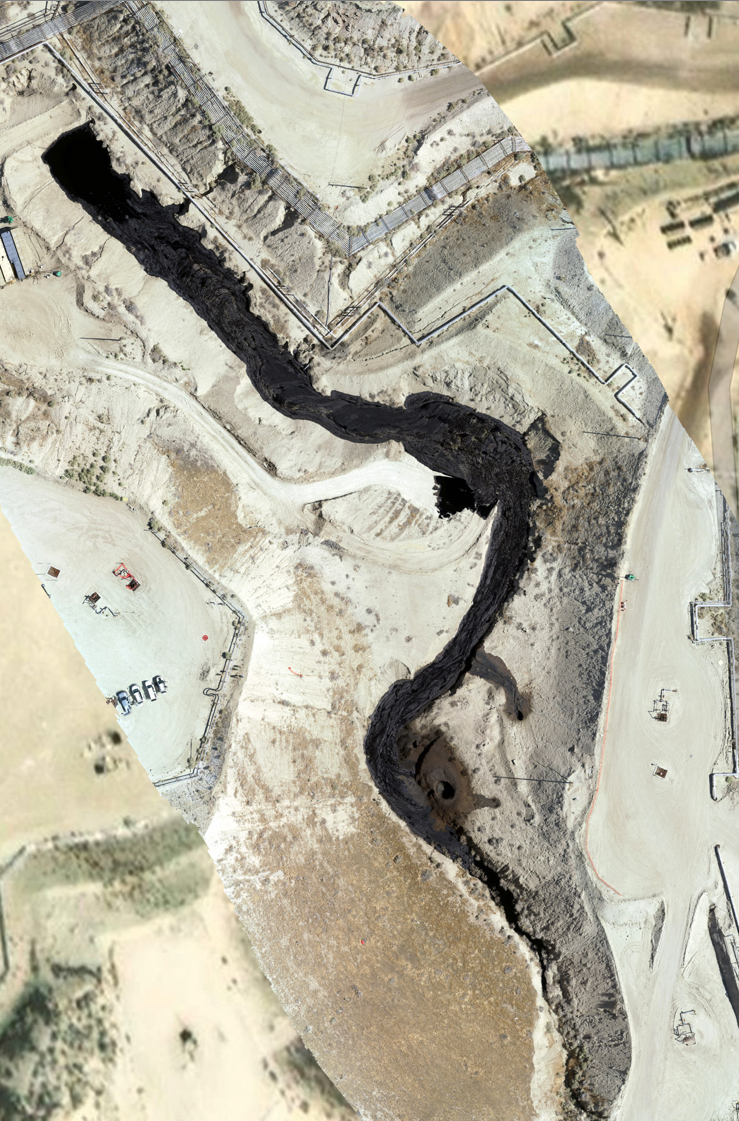
Radioactive oil. For Rolling Stone, Justin Nobel took a deep dive into the oil industry's radioactivity and how it could be a potentially deadly, although misunderstood, public health threat.
They knew. We already found out that Exxon knew, as did other oil companies, how their product contributed to climate change. Then, in an excellent piece of sleuthing, E&E exposed General Motors and Ford for also realizing as early as the 1960s that their product played a role but making minimal effort to address the issue.
In the heat of the city. This year will go down as one of the hottest — if not the hottest, as USA Today reports — years in recorded human history, but even heat impact is felt differently along economic and racial lines. That's from numerous reports looking into how racist urban planning saddled Black and Latino communities with unhealthy living situations. The Delaware News Journal reported that wealthy neighborhoods in the First State's largest city have much higher numbers of trees that cool their areas. The Arizona Republic wrote about how all of Phoenix is getting hotter, but the elderly, Latinos and the homeless are suffering the most. And Bloomberg CityLab and NexusMedia revealed that heat in Chicago is one of many things targeting Black populations. "Draw a map of Chicago and shade the areas with more poverty, pollution and coronavirus. It will start to look like being Black is a pre-existing condition," they wrote.
Two paths diverged. A nationwide team of reporters from the USA Today Network led by the Columbus Dispatch's Beth Burger went deep on Trump's and Biden's polar opposite stances on the environment, highlighting the election's importance.
And boom goes the fertilizer. The Center for Public Integrity, Grist and The World collaborated on a must-read series about the hidden hazards — ranging from greenhouse gas emissions and air quality issues to water pollution and explosions — of America agribusiness' love affair with fertilizer.
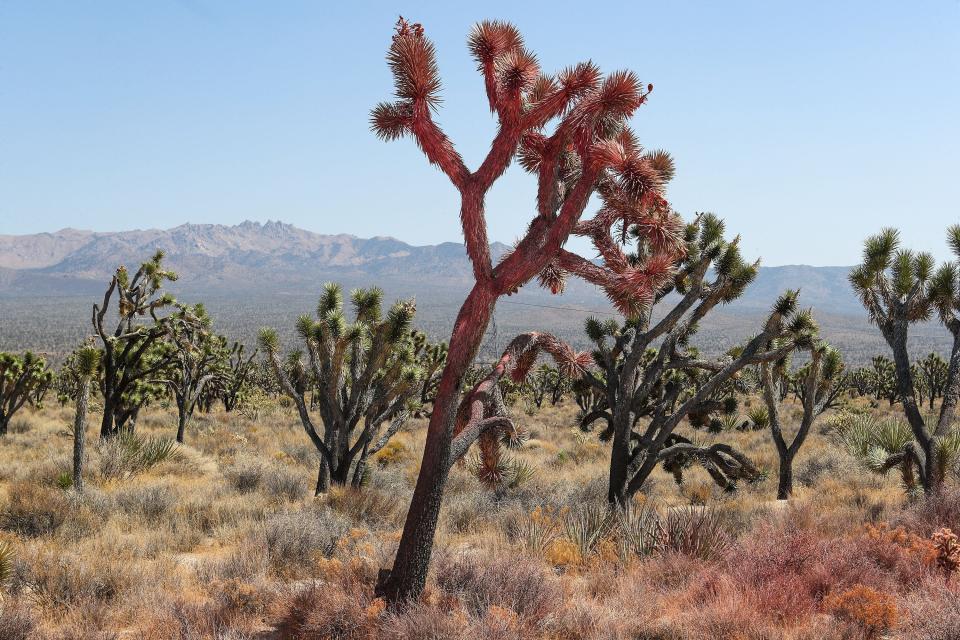
And, finally... My hat is off to all these amazing reporters. This list only captures a snapshot of what's out there, so, if you want more, check out this post where I asked the Twitterverse to send me their favorite environment stories from 2020.
I'd also like to share one of my own projects, if you'd oblige me. Amid California's record-breaking wildfire season, I partnered with photographers Jay Calderon and Omar Ornelas to chronicle the aftermath of fire for The Desert Sun. In a small town bordering the Salton Sea, we told the story of a fascinating recluse and his and his wife's quest to rebuild their burnt birding paradise. Then, we went inside the fire line to learn how we recover from a blaze. And, finally, we wandered to the Mojave Desert to observe what the loss of an iconic species amidst the flames tells us about climate change.
AND ANOTHER THING

Lights out for coal. The Longview coal export terminal, proposed to be built in Washington, was for years a last hope for a resurgence of American coal, as it could've further opened Asian markets. It's also been dying a slow death. Now, S&P Global Market Intelligence reports that the bankrupt company that holds the project's lease couldn't find necessary bidders and is instead walking away.
One more for the road. Actually, this year was a tough one, and if you've stuck with my ramblings on the environment through it all (and if you've worn your mask), you deserve a feel-good story to cap it off. We're overfishing the oceans, drilling for oil in pristine wildernesses and flattening rainforests, yet there's still amazing biodiversity out there left to protect. Here are some of the species we saw for the first time this year: a new type of whale with a beak, a 150-foot-long sea creature, an adorable lemur with humorously large eyes, a frog the size of an aspirin pill that lives in South American cloud forests, 19 new species of tree-dwelling orchids and an evergreen shrub that looks like a cholla mated with candy dots and represents an entirely new plant family. Mongabay's got the details. Which newly discovered species is your favorite?
As for now, scientists agree that to maintain a livable planet, we need to reduce the atmospheric carbon dioxide concentration back to 350 ppm. We’re above that and rising dangerously. Here are the latest numbers:
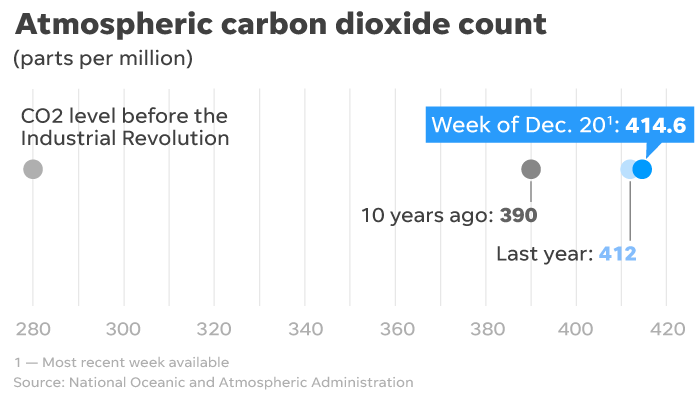
That’s all for 2020. Don’t forget to follow along on Twitter at @MarkOlalde. You can also reach me at molalde@gannett.com. You can sign up to get Climate Point in your inbox for free here. And, if you’d like to receive a daily round-up of California news (also for free!), you can sign up for USA Today’s In California newsletter here. Please wear a mask! Cheers.
This article originally appeared on USA TODAY: Climate Point: Congress battles over relief checks while oil companies are bailed out

